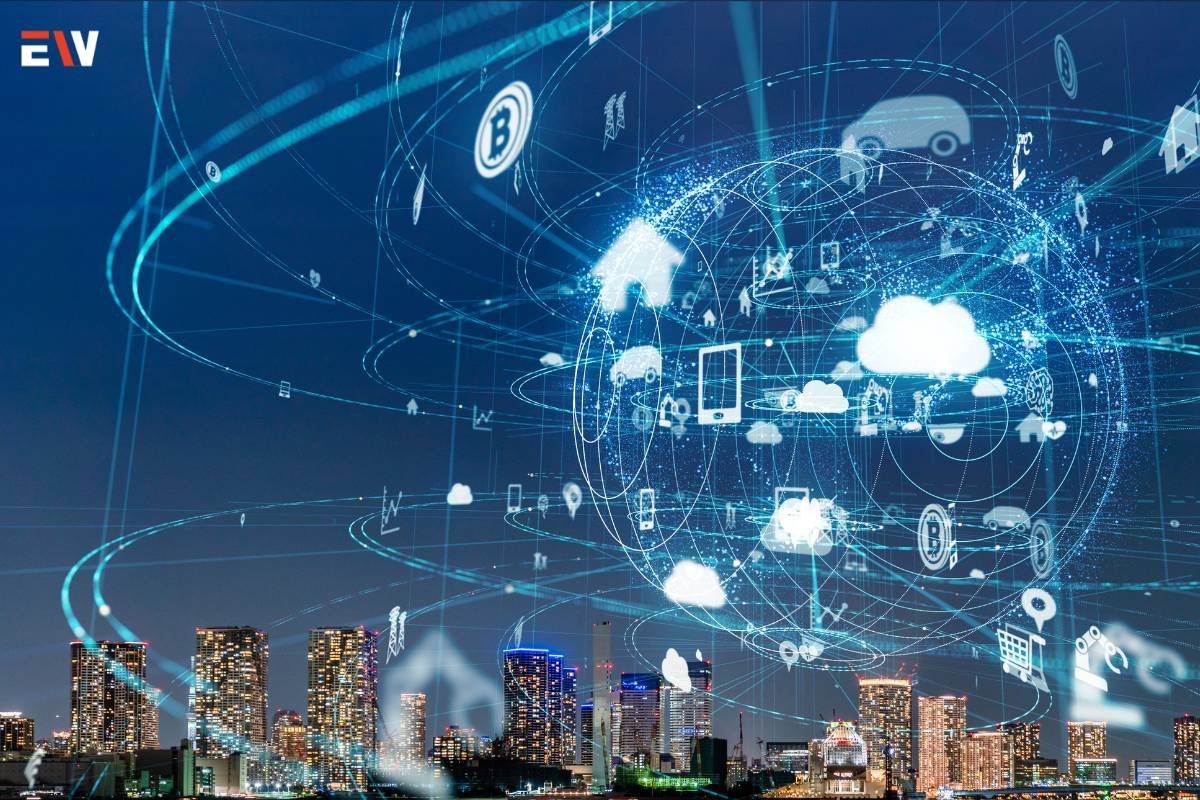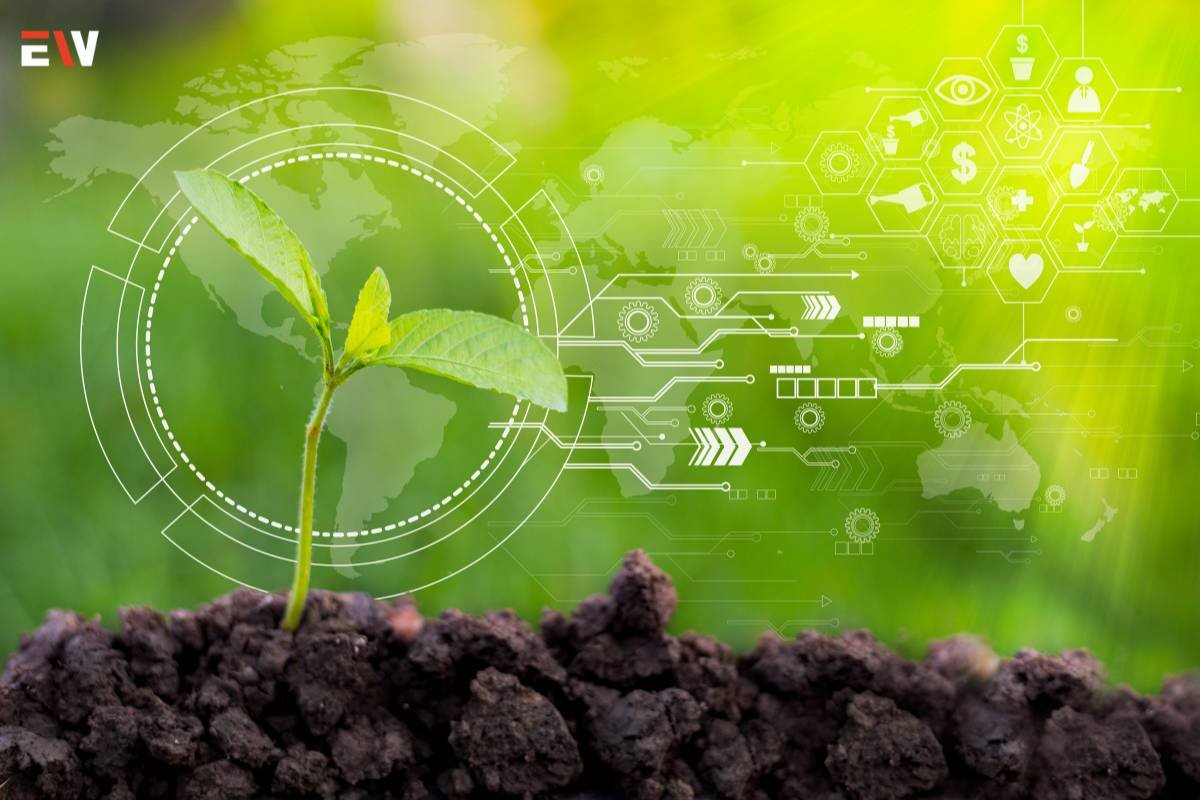In an era defined by environmental challenges and the pursuit of sustainable solutions, green technology has emerged as a transformative force. This article explores the significance of Green technology, its impact on various industries, and how it is contributing to a more sustainable future.
Defining Green Technology
Green technology, often referred to as environmental technology or clean technology, encompasses a wide range of innovations aimed at minimizing the environmental impact of human activities. It involves the development and application of products, services, and processes that use renewable resources, reduce emissions, and promote energy efficiency. The overarching goal is to address environmental challenges while fostering economic growth.
Key Components:
1. Renewable Energy
One of the cornerstones of clean technology is the development and utilization of renewable energy sources. Solar, wind, hydro, and geothermal power are prime examples of energy alternatives that have gained significant traction. These sources not only reduce dependence on fossil fuels but also contribute to lower greenhouse gas emissions.
2. Energy Efficiency

Green technology emphasizes optimizing energy use across various sectors. This includes innovations in energy-efficient appliances, buildings, and industrial processes. The integration of smart technologies, such as IoT (Internet of Things), plays a pivotal role in monitoring and managing energy consumption more effectively.
3. Sustainable Transportation
The transportation sector is a significant contributor to carbon emissions. Green technology is revolutionizing transportation through the development of electric vehicles (EVs), hydrogen fuel cells, and advancements in public transportation infrastructure. These innovations aim to reduce the carbon footprint associated with commuting and logistics.
4. Waste Management and Recycling
Efficient waste management and recycling are integral components of clean technology. Innovations in waste-to-energy conversion, sustainable packaging, and recycling processes contribute to the circular economy, minimizing the environmental impact of waste disposal.
5. Eco-friendly Manufacturing
This technology is influencing manufacturing practices by promoting eco-friendly processes and materials. Sustainable manufacturing involves reducing resource consumption, minimizing waste, and adopting environmentally responsible production methods. This shift towards green manufacturing aligns with the broader goal of creating a more sustainable and circular economy.
The Impact on Industries
1. Renewable Energy Sector
The renewable energy sector has experienced exponential growth due to advancements in clean technology. Solar and wind farms, along with developments in energy storage solutions, have significantly increased the share of renewable energy in the global energy mix. These technologies not only provide cleaner alternatives but also contribute to energy security and independence.
2. Automotive Industry
Green technology has revolutionized the automotive industry, with electric vehicles (EVs) emerging as a viable and sustainable alternative to traditional internal combustion engine vehicles. The development of EV infrastructure, battery technology, and advancements in energy storage are pivotal in making sustainable transportation a reality.
3. Construction and Infrastructure
The construction industry is integrating clean technology to enhance energy efficiency and reduce environmental impact. Green building practices, such as the use of sustainable materials, energy-efficient design, and smart building technologies, are becoming increasingly prevalent. These innovations contribute to the creation of environmentally friendly and resource-efficient structures.
4. Information Technology

The information technology sector is leveraging clean technology to improve energy efficiency in data centers and electronic devices. Innovations in hardware design, energy-efficient servers, and data center cooling systems contribute to reducing the carbon footprint of digital infrastructure.
Challenges and Opportunities
1. Initial Costs and Return on Investment
While the long-term benefits of clean technology are evident, the initial costs of adopting these innovations can be a barrier for some businesses. However, the decreasing costs of renewable energy technologies and the potential for long-term savings offer a compelling case for investment in green solutions.
2. Regulatory Landscape
The regulatory environment plays a crucial role in shaping the adoption of clean technology. Policies that incentivize sustainable practices and penalize environmental harm can accelerate the transition towards greener alternatives. However, inconsistent or inadequate regulations may impede progress.
3. Technological Advancements and Research
Green technology is a rapidly evolving field, requiring ongoing research and development. Continuous innovation is essential to address emerging environmental challenges and enhance the efficiency of existing green solutions. Collaboration between governments, industries, and research institutions is crucial for driving technological advancements.
4. Public Awareness and Education
Widespread adoption of clean technology relies on public awareness and understanding. Education initiatives that highlight the environmental benefits, cost savings, and long-term sustainability advantages of green technologies can contribute to a more informed and environmentally conscious society.
Future Trends and Developments
1. Integration of Artificial Intelligence
The integration of artificial intelligence (AI) into clean technology is poised to enhance efficiency and optimize resource utilization. AI-driven solutions can optimize energy grids, improve predictive maintenance in renewable energy systems, and contribute to more sustainable decision-making processes.
2. Circular Economy Practices

The shift towards a circular economy, where products and materials are reused, recycled, and repurposed, is gaining prominence. Green technology plays a pivotal role in enabling circular economy practices, reducing waste, and promoting sustainable resource management.
3. Decentralized Energy Systems
Advancements in decentralized energy systems, including microgrids and distributed energy resources, are transforming the way energy is generated and consumed. These systems enhance energy resilience, promote local energy production, and contribute to the overall sustainability of power networks.
Conclusion
Green technology is at the forefront of addressing the environmental challenges facing the world today. From renewable energy to sustainable manufacturing practices, the impact of clean technology extends across various industries. As businesses recognize the economic and environmental benefits of adopting green solutions, the momentum toward a more sustainable future continues to build.
By overcoming challenges, seizing opportunities, and embracing continuous innovation, the integration of clean into our daily lives becomes not just a choice but a collective responsibility towards a healthier planet and a more sustainable future.











